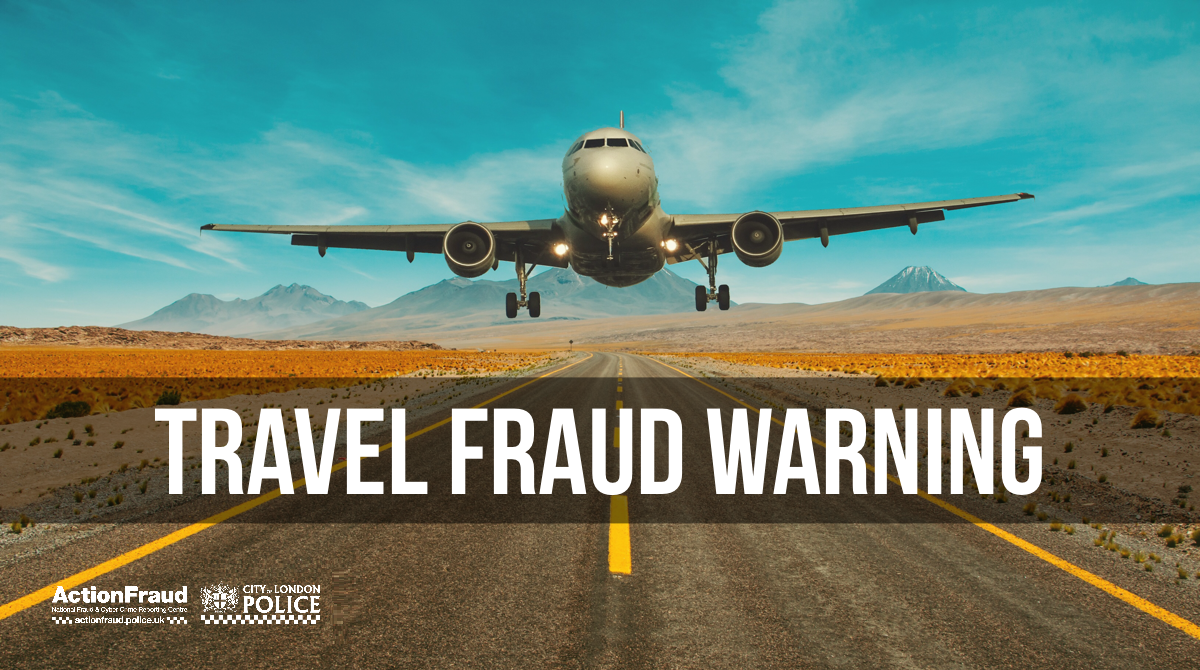One in every ten people have fallen victim to financial fraud, losing an average £1,000 a year to cold calling and internet scams, a Which? report has found.

More than half of the £6.1 billion lost to fraudsters in 2011 was down to mass-marketing scams, affecting 10% of consumers.
The investigation by Which? found one in ten people has fallen victim to a scam in the past five years, with many schemes masquerading themselves as reputable companies and government departments.
A variety of tactics were used by fraudsters ranging from unsolicited correspondence or cold calls about dodgy investment deals, non-existent electrical goods, fake lotteries, competitions and even extortion.
Legitimate organisations
Several organisations have been spoofed, including the Ministry of Justice, HMRC and Action Fraud.
Leading banks were also popular with organised criminal gangs who capitalised on high profile news stories, including the NatWest IT meltdown, PPI claims and tax rebates.
The Ministry of Justice (MoJ) is aware of crooks using their details when they contact consumers who might have been mis-sold Payment Protection Insurance (PPI) or overcharged by their bank. The crooks promise to reclaim the money for a fee, which is often only explained once they have 'hooked' a potential victim.
The MoJ stresses that it would never sent correspondence to consumers promising to resolve their financial disputes in this way.
Sucker lists
Criminal syndicates often start by generating email lists, often compromising up to 10 million names. Only a few responses are needed for the fraudsters to succeed.
'Sucker lists' are then compiled from the details of people who’ve responded to scams in the past and are therefore considered easy targets.
Which? is reminding everyone that the best way to avoid getting on these lists is by not responding to unsolicited emails or calls.
Too good to be true
Richard Lloyd, executive director at Which?, said: 'Some scams can be very sophisticated and tricky to spot, but if something seems too good to be true, it probably is. Your personal and financial details are precious so if in doubt, double-check who you’re dealing with before giving anything away.'
Read more about the Malware on the Which? website.
Please note: Action Fraud is not responsible for the content on external websites.
To report a fraud, call Action Fraud on 0300 123 2040 or use our online fraud reporting tool.
Related links
Ministry of Justice warn of scam calls
Beware of NatWest phishing emails
HMRC Scam emails



